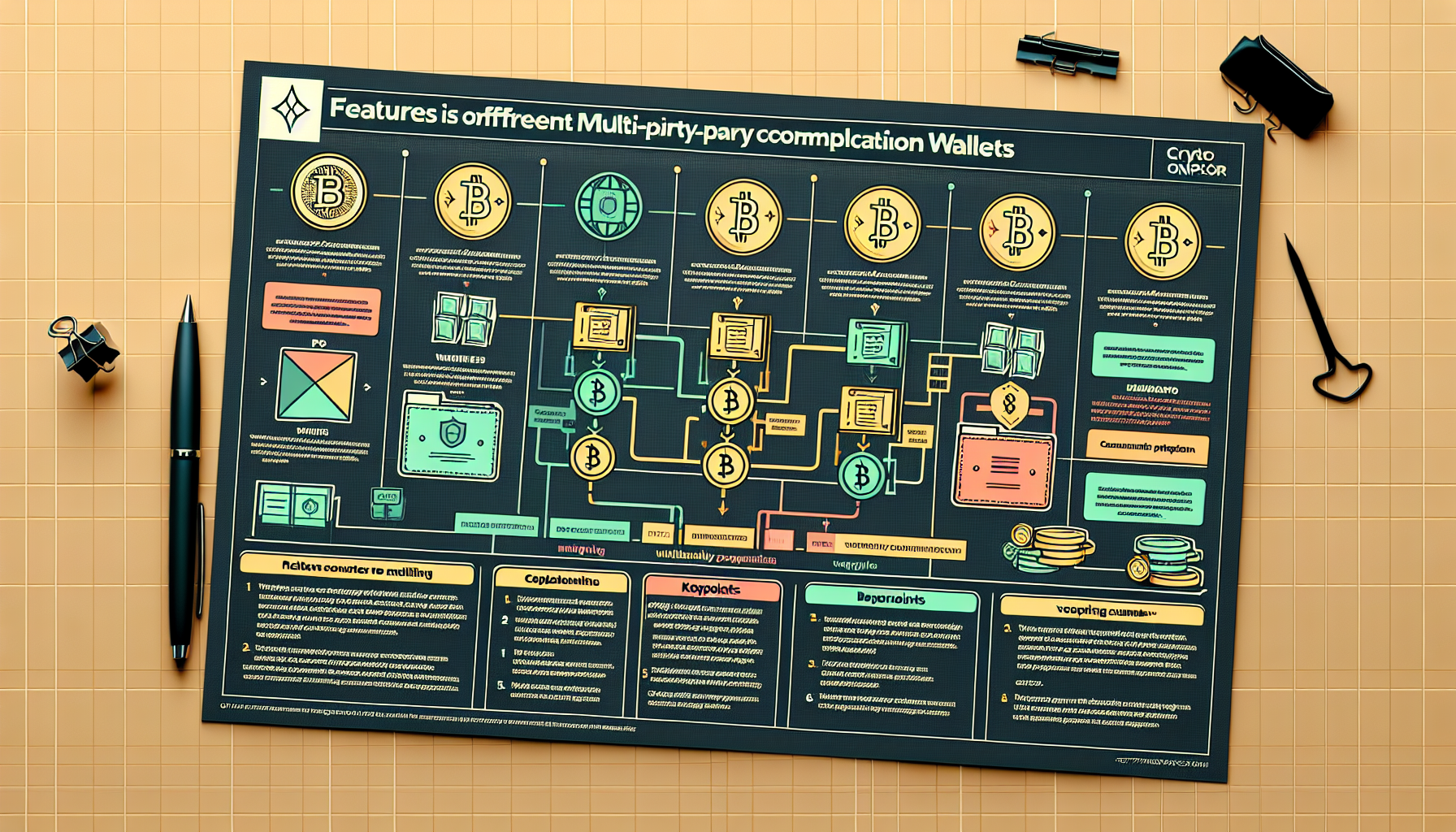Why Multi-Party Computation (MPC) Wallets Are Changing Crypto Security
Did you know that over $3.8 billion in crypto was stolen in 2024 due to private key vulnerabilities? Multi-party computation wallets (MPC wallets) are emerging as the next-gen solution for secure cryptocurrency storage. Unlike traditional wallets where a single private key can be compromised, MPC wallets split the key into multiple parts – like distributing pieces of a treasure map among trusted allies.
How MPC Wallets Work: The “Shared Secret” Principle
Imagine you’re at a bank vault that requires 3 out of 5 bank managers to turn their keys simultaneously. MPC wallets operate similarly:
- Your private key is mathematically divided into “shards”
- No single device or person holds the complete key
- Transactions require pre-set approval thresholds (e.g., 2-of-3 signatures)
Top 3 MPC Wallet Solutions Compared
1. Fireblocks (Enterprise-Grade)
Used by 1,800+ institutions including BNY Mellon and Checkout.com. Offers:

- Insurance coverage up to $50M
- Support for 50+ blockchains
- API integration for exchanges
2. ZenGo (User-Friendly)
The first non-custodial MPC wallet with:
- Biometric recovery (no seed phrases)
- Freeze function against hackers
- 0 recorded breaches since 2018
3. Fordefi (DeFi Focused)
Specializes in secure Web3 interactions with:
- Transaction simulation before signing
- Gas optimization tools
- Approval workflow customization
When to Choose MPC Over Hardware Wallets
While hardware wallets like Ledger are great for personal crypto storage, MPC excels when:
- You need shared asset control (family funds, DAOs)
- Your transactions exceed $100k regularly
- You’re managing crypto for a business
According to Chainalysis 2025 data, MPC adoption grew 320% among Asian crypto businesses last year.
Getting Started With MPC Wallets
Follow this checklist for safe implementation:
- Determine your approval threshold (2-of-3 is common)
- Distribute key shards across geographically separate devices
- Test recovery procedures with small amounts first
For step-by-step guides, check our MPC wallet setup tutorial and cold storage comparison.
Disclaimer: Regulations vary by jurisdiction. Consult your local crypto compliance expert before implementation.
Stay ahead in crypto security with cryptonewscash.
Dr. Elena Petrov
Blockchain Security Architect
Author of 27 cryptography research papers
Lead auditor for Ethereum Foundation’s MPC implementation